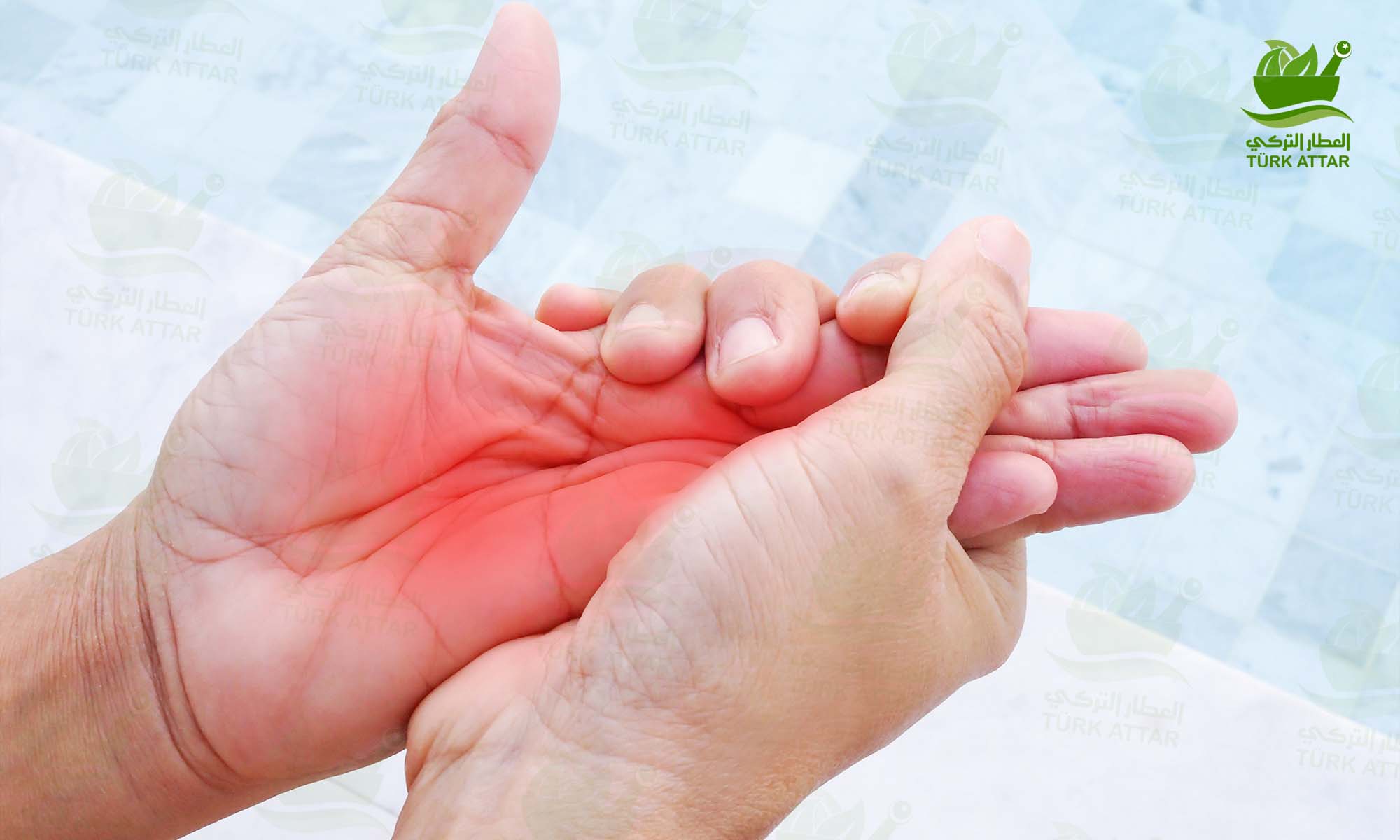
Your peripheral nervous system sends information from your brain and spinal cord (central nervous system) to the rest of your body.
Peripheral Neuropathy
Peripheral neuropathy can occur as a result of traumatic injuries, infections, metabolic problems, hereditary causes, and exposure to toxins. One of the most common causes is Diabetes Mellitus.
People with peripheral neuropathy often describe the pain as burning or tingling. In many cases, it is necessary to find and resolve the underlying cause in order to improve symptoms, especially if they are caused by a treatable condition.
Symptoms:
Each nerve in your peripheral nervous system has a specific function, so symptoms depend on the type of nerves affected. Nerves are classified as:
-Sensory nerves that receive sensations such as pain, heat, vibration or touch
-Motor nerves that control muscle movement
-Autonomic nerves that control functions such as blood pressure, heart rate, digestion, and bladder
Signs and Symptoms of Peripheral Neuropathy May Include:
- Numbness, prickling, or tingling sensation that may radiate upwards in your feet, hands, legs, or arms.
- Throbbing, freezing or burning pain
-Extreme sensitivity to touch
-Lack of coordination and falling
-Muscle weakness or paralysis if motor nerves are affected
If Autonomic Nerves Are Affected, Signs and Symptoms May Include:
-Sensitivity to heat
- Bowel, bladder or digestive problems
-Changes in blood pressure cause dizziness
Peripheral Neuropathy can affect one nerve (mononeuropathy), two or more nerves in different regions (multiple mononeuropathy), or many nerves (polyneuropathy). Carpal Tunnel Syndrome is an example of mononeuropathy. Most people with Peripheral Neuropathy have polyneuropathy (damage to multiple peripheral (peripheral) nerves).
When Should You See a Doctor?
If you experience unusual tingling, weakness, or pain in your hands or feet, seek medical attention immediately. Early diagnosis and treatment offer the best chance to control your symptoms and prevent further damage to your peripheral nerves.
Causes of neuropathies include:
Alcoholism
Autoimmune Diseases: These include Sjogren's syndrome, Lupus, Rheumatoid Arthritis, Guillain-Barre syndrome, Chronic Inflammatory Demyelinating Polyneuropathy and Necrotizing Vasculitis.
Diabetes: More than half of people with diabetes develop some type of neuropathy.
Exposure to toxins: Toxic substances include heavy metals or chemicals.
Medications: Some medications, especially those used to treat cancer
Infections: Certain viral or bacterial infections such as Lyme disease, Shingles, Epstein-Barr virus, Hepatitis C, Leprosy, Diphtheria, and HIV
Inherited disorders: Disorders such as Charcot-Marie-Tooth disease are inherited types of neuropathies.
Trauma or Pressure on the Nerve: Trauma, such as motor vehicle accidents, falls, or sports injuries, can damage peripheral nerves.
Tumors: Benign or malignant tumors can develop on or on nerves. Also, polyneuropathy can occur as a result of certain cancers related to the body's immune response. These are called a paraneoplastic syndrome.
Vitamin Deficiencies: B vitamins, including B-1, B-6, and B-12 – vitamin E and niacin are essential for nerve health.
Bone Marrow Disorders: Abnormal protein in the blood; Polyneuropathy may occur in conditions such as monoclonal gammopathies, bone cancer (osteosclerotic myeloma), Lymphoma and Amyloidosis.
Other Diseases: These include kidney disease, liver disease, connective tissue disorders, and hypothyroidism.
-In many cases, no cause can be identified (idiopathic).
Peripheral neuropathy complications:
Burns and Skin Trauma: You may not feel temperature changes or pain in parts of your body that are numb.
Infection: Your feet and other areas of your senses can be damaged without you realizing it. Check these areas regularly and treat minor injuries as they become infected, especially if you have diabetes.
Falling: Weakness and loss of sensation may be associated with lack of balance and falling.

2 Comment(s)
1
1
1
1
1
Leave a Comment